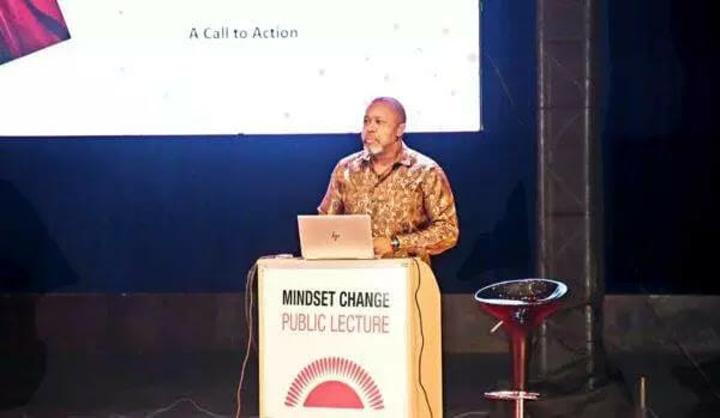Africa-Press – Malawi. Professor of business management, Prof. J. Crook, posits that people can only change their way of thinking through the proper management of change. What this means is that people can start changing their way of thinking if there is already a change. Secondly, there must be a proper approach to managing the change.
What changes did The President Lazarus Chakwera’s Tonse Alliance Government initiate? Zero except that we have a new government with new names of thieves and beneficiaries.
We still have the same systems of corruption, ineptitude, nepotism and appeasement. It becomes difficult in this same environment for people to change their mindset.
It is the responsibility of Tonse Alliance government to set goals and plans so as to manage the desired change. In fact, change may come in three flavours, developmental change, transitional change and transformative change. They can be managed concurrently on various areas that need change.
As I hinted in my previous write-ups, the first step for Tonse Alliance government was to systematically conduct a comprehensive audit of all Government systems. This will expose the strengths, opportunities, weaknesses and threats from political, environmental, technological, legal, administrative and socio-economic perspective. In other words, this will form the basis for the need to change the way we do things.
The next step is to formulate the policies and action of plan that will maximize the strengths and opportunities while mitigating the challenges, weaknesses and threats.
In fact, the action plan will be in tandem with the mission, vision, objectives and campaign promises of the Tonse Alliance government. When managing change, there will be some systems that will simply need to be improved and optimised. This is developmental change.
Other systems will be obsolete and will therefore need to be replaced with newer or modern technological processes. Some radical changes are also necessary even if it means changing the values, mission, organisational structure or campaign promises.
Caution is taken that implementing change always comes with challenges and obstacles. It is still the responsibility of the Tonse Alliance government to formulate resilience and contingency plans to mitigate such hurdles.
Obstacles to change may include future phobia, paradigm paralysis, informania and reverse paranoia. Future phobia is the fear of the future if the change is implemented. It is usually exhibited through resistance to change.
Paradigm paralysis occurs when a specific policy loses its applicability. People fail to understand that things cannot continue in the same way they did in the past.
Informania happens when people are just overwhelmed with information about change management without taking an appropriate action. For instance, Dr. Saulos Chilima presented, at a public lecture, good facts about change management but up to now nothing has taken shape on the ground.
Reverse paranoia simply entails blindly following someone. This type of a manager loses his ability to visualise the future and expects somebody else to do it for him. The leadership of Tonse Alliance government must take the initiative to initiate and manage the change.
Therefore Tonse Alliance Government needs to be focused, committed, patriotic, conscious, positive, practical and visionary if it is to achieve the desired change.
For More News And Analysis About Malawi Follow Africa-Press






